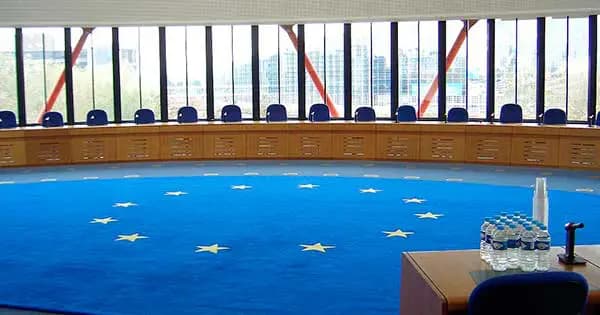
The Irish Constitution is the primary source of law in Ireland and protects both the right of freedom of expression and the right to a good name. These two rights must be balanced in a democratic state so that the press can report freely but people cannot be unjustly insulted or have their reputations damaged without repercussions.
The Defamation Act 2009 was enacted to clarify the law and set out rules which the courts must apply to defamation proceedings. However the media are critical that the court awards are too high. In one particular case, the High Court awarded €1.8 million in damages which was reduced to €1.27 million by the Supreme Court, which stated while this was at the high end of the scale it was by no means the limit.
In light of these awards, the Media has been subject to “bullying” and threats of litigation by those who have money, should certain topics be published. Despite the fact that any defamatory publication can be reported to the Press Council, only 15% do so. The Media theorise the large awards of damages are at least partially responsible for this. Many of the cases are settled outside of courts especially where plaintiffs may have no-win- no-fee legal representatives as the Defendant body will be responsible for all costs even if they win which can be substantial in jury cases which last days, even weeks.
The Media have called for reform of the Act to limit damages which would be more in line with Europe and to abolish the rule which holds the publisher liable for proving what was stated was in fact true.
The European Court of Human Rights recently ruled along these lines finding that the ruling by the Supreme Court in Ireland was excessive, had not clearly stated how such a figure was reached and that such a ruling would in turn restrict the freedom of expression which is necessary in a democratic society. The Court suggested that Ireland should follow the England and Wales approach which put a ceiling of £200,000 on the most serious defamation claims which allows juries to gauge the seriousness of an injury and award appropriately. The decision has been welcomed by the media in Ireland.
